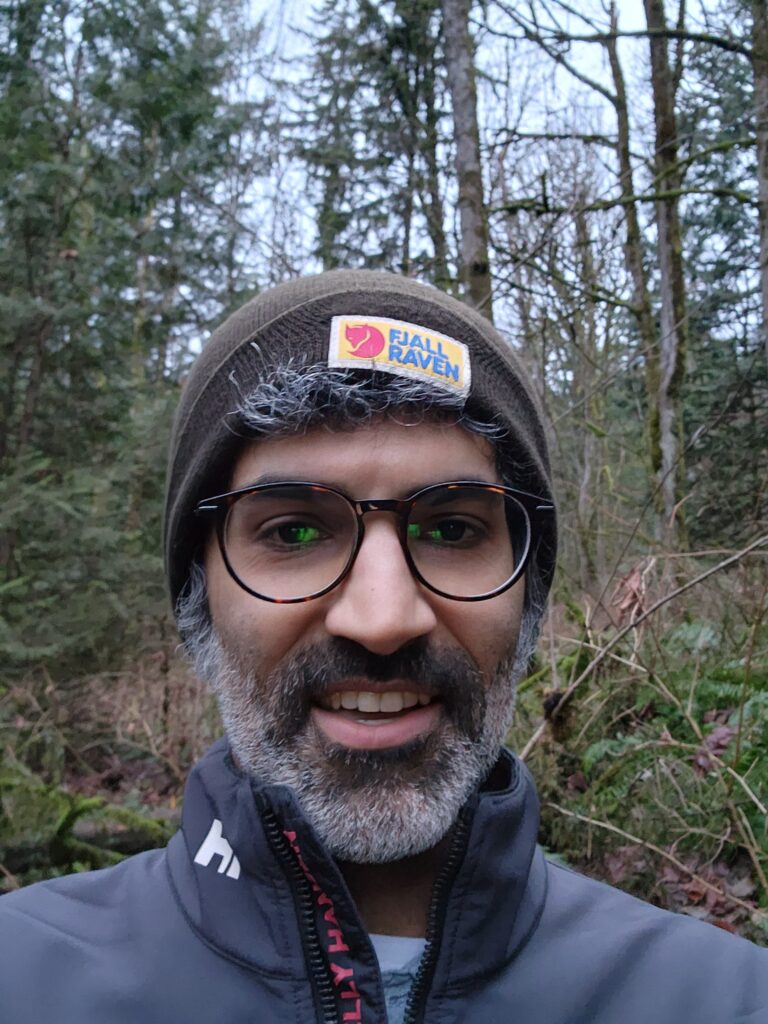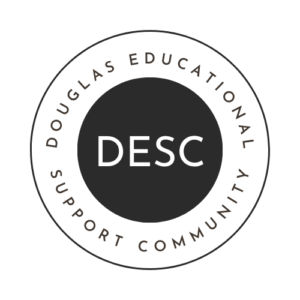
In a recent dialogue hosted at Douglas College, I had the pleasure of sitting down with Dr. Jovian Radheshwar, a political science instructor and political theorist, to explore what it means to be human in an age shaped—and increasingly reshaped—by artificial intelligence.
Jovian opened our conversation with a stark observation: we are witnessing a global slide away from freedom, as technology merges with authoritarian politics to normalize social control. Drawing from Greek philosophy, he highlighted how the ancient word idiota referred not to someone lacking intelligence, but to one who is absorbed solely in private concerns, disconnected from the polis—the public world of shared concern. In contrast, true intelligence (physis in Greek) was linked to being deeply enmeshed in one’s surroundings, aware and responsive to the world.
Jovian offered a compelling critique of today’s techno-culture—especially the AI-driven promise of transcendence from human limitations. Figures like Peter Thiel and movements like Transhumanism, he argues, are rooted not in empathy or collective uplift but in a desire to dominate, to become “supermen” at the cost of humility, biodiversity, and social connection.
We reflected together on what awareness looks like in practice. For me, riding a bike through the city has become a daily exercise in sensing others, slowing down, and learning to pick up on the emotional “weather” of a space. Jovian connected this to urban survival skills—what he called a kind of “street ninja” intelligence—and also to the loss of embodiment that comes from excessive digital distraction.
Our conversation turned to education and the risks of reducing learning to a game of performance metrics. Jovian made a passionate case for embracing failure, for cultivating diverse skills, and for protecting the space to explore what we might be good at—beyond what the system rewards. He quoted Heidegger to illustrate how modern technology shifts us from “taking care” of the Earth to “challenging” it—a shift with profound ethical and ecological consequences.
So, what skills should we protect? What human capacities must we nurture?
Jovian suggests starting with awareness, reflection, the capacity to fail, and the courage to imagine freedom—not as domination, but as mutual care.
This is just the beginning. We both agreed: this conversation needs a Part Two.

Leave a Reply